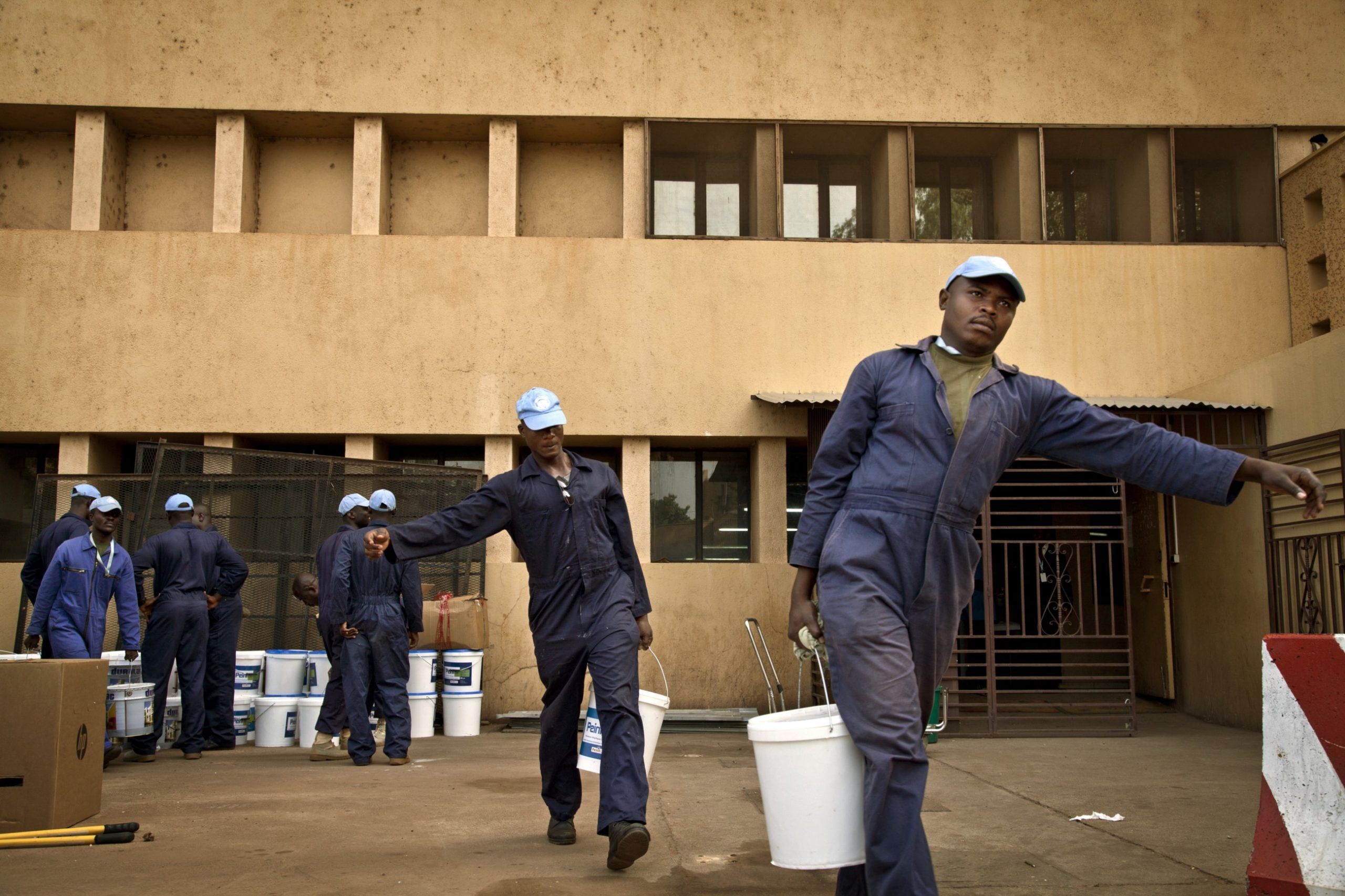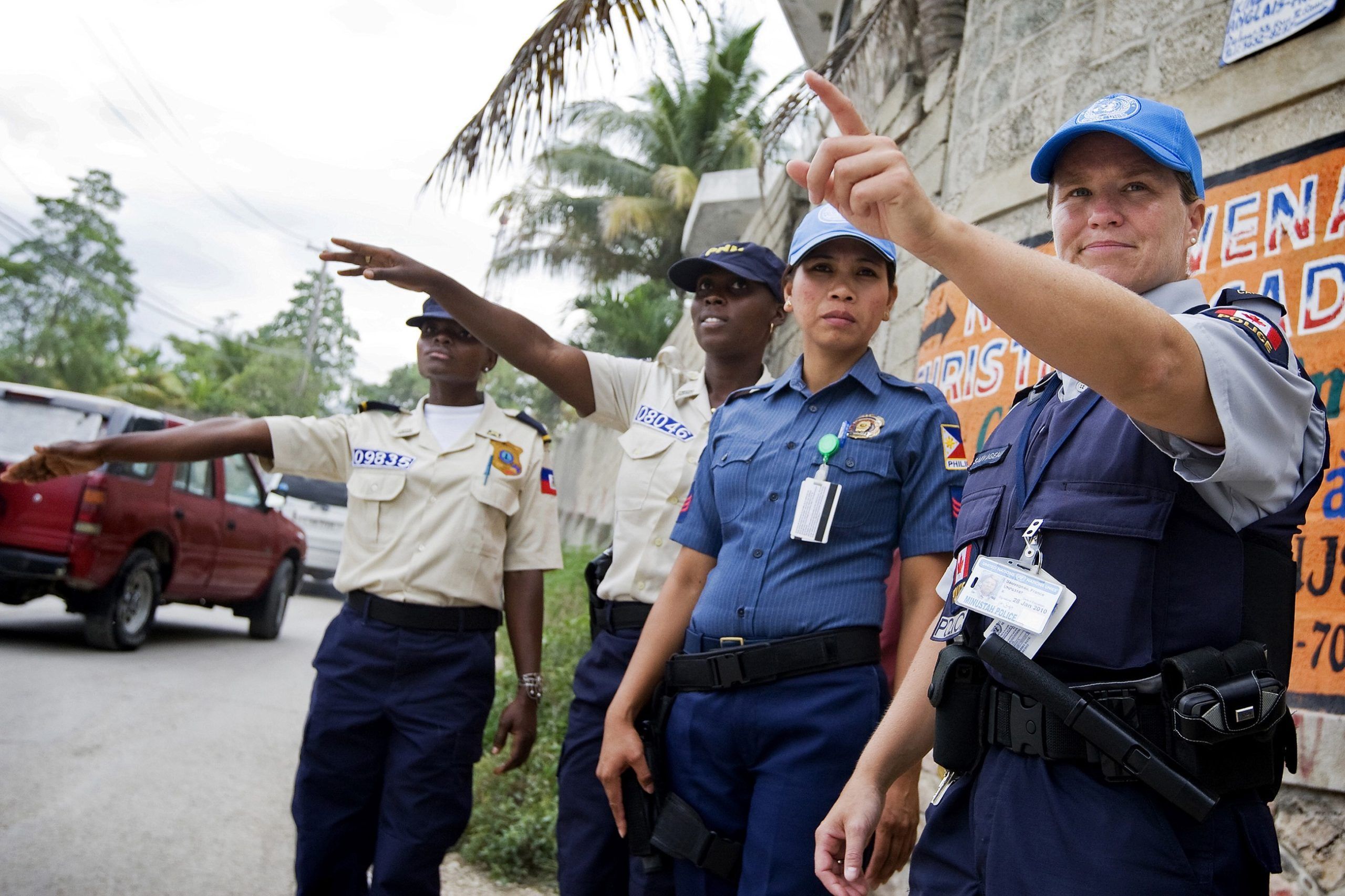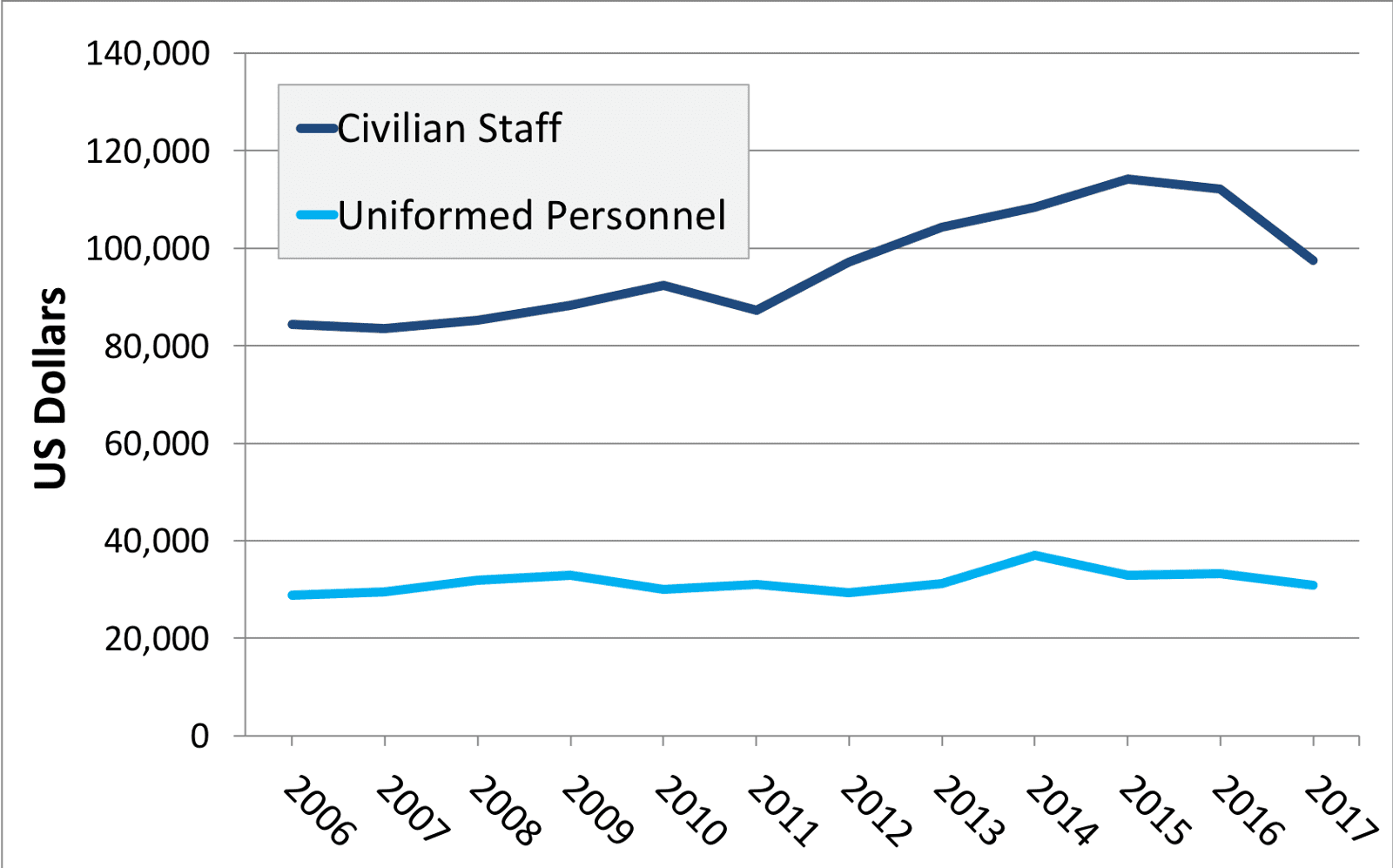
Exploring Civilian Staff Trends in UN Peacekeeping, 2012–2017


Array
(
[thumbnail] => https://s42831.pcdn.co/wp-content/uploads/2018/08/1_mls5c1tq5lhm7mzpy4moeq-150x150.jpeg.optimal.jpeg
[thumbnail-width] => 150
[thumbnail-height] => 150
[medium] => https://s42831.pcdn.co/wp-content/uploads/2018/08/1_mls5c1tq5lhm7mzpy4moeq-300x200.jpeg.optimal.jpeg
[medium-width] => 300
[medium-height] => 200
[medium_large] => https://s42831.pcdn.co/wp-content/uploads/2018/08/1_mls5c1tq5lhm7mzpy4moeq-768x512.jpeg.optimal.jpeg
[medium_large-width] => 768
[medium_large-height] => 512
[large] => https://s42831.pcdn.co/wp-content/uploads/2018/08/1_mls5c1tq5lhm7mzpy4moeq-1024x683.jpeg.optimal.jpeg
[large-width] => 1024
[large-height] => 683
[1536x1536] => https://s42831.pcdn.co/wp-content/uploads/2018/08/1_mls5c1tq5lhm7mzpy4moeq-1536x1024.jpeg.optimal.jpeg
[1536x1536-width] => 1536
[1536x1536-height] => 1024
[2048x2048] => https://s42831.pcdn.co/wp-content/uploads/2018/08/1_mls5c1tq5lhm7mzpy4moeq-2048x1365.jpeg.optimal.jpeg
[2048x2048-width] => 2048
[2048x2048-height] => 1365
[gform-image-choice-sm] => https://s42831.pcdn.co/wp-content/uploads/2018/08/1_mls5c1tq5lhm7mzpy4moeq-scaled.jpeg.optimal.jpeg
[gform-image-choice-sm-width] => 300
[gform-image-choice-sm-height] => 200
[gform-image-choice-md] => https://s42831.pcdn.co/wp-content/uploads/2018/08/1_mls5c1tq5lhm7mzpy4moeq-scaled.jpeg.optimal.jpeg
[gform-image-choice-md-width] => 400
[gform-image-choice-md-height] => 267
[gform-image-choice-lg] => https://s42831.pcdn.co/wp-content/uploads/2018/08/1_mls5c1tq5lhm7mzpy4moeq-scaled.jpeg.optimal.jpeg
[gform-image-choice-lg-width] => 600
[gform-image-choice-lg-height] => 400
)
Today we turn our attention to peacekeeping budgets — which are broken down by “civilian personnel costs” and “military and police personnel costs” (i.e. appropriations for civilian staff and uniformed personnel, respectively) — allowing us to estimate how much the UN has been budgeting for the salaries and benefits of civilians and uniformed personnel per capita.
The underlying data covers 2006 through 2017. What we’re seeing is that “military and police personnel costs” haven’t changed much on a per capita basis since 2006, rising from about $29,000 to $31,000 per person, while civilian staff have seen their appropriations per capita rise quite a bit, from about $84,000 in 2006 to $97,500 in 2017.

It’s interesting to note that neither category has quite kept pace with inflation. United States inflation from 2006 to 2017 clocked in at about 21.6 percent, and similar rates were seen around the world. Yet civilian budgets per capita rose 15.5 percent and military and police per capita rose only 7.1 percent in that timeframe.
This raises several questions. For instance, why haven’t the per capita budget figures for military personnel kept up with broader inflation trends — especially since the reimbursement rate per soldier per month is supposed to have risen from $1,028 to $1,410, or 37 percent, from 2014 to 2018?
Also, what’s driving the increase (and 2017 decrease) in civilian staff budgets per capita — especially when the absolute number of civilians in UN Peacekeeping has fallen about 20 percent since 2010? Is it inflation? Were there raises, promotions, or highly-paid new hires?
If you have more ideas about the trends we’ve noticed, we welcome your tweets: @nyuCIC.
In our next post, we will look at developments over time in a slightly different, but equally important, measure of peacekeeping budgets per capita.
Thanks for reading CIC Data in Focus. We welcome and appreciate your feedback.


Subscribe to our newsletter and receive regular updates on our latest events, analysis, and resources.
"*" indicates required fields